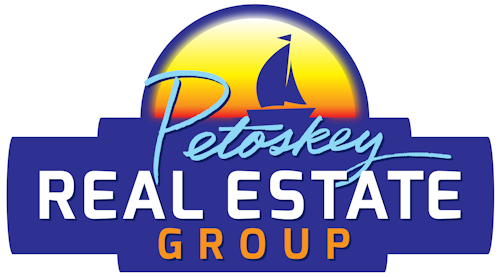Land includes building sites, working farms, ranches, and land parcels. The subcategories within vacant land include undeveloped, early development or reuse, subdivision and site assembly. Maybe your dream home just doesn’t exist yet. In this case, building a home on a vacant piece of land may be the perfect option. But before you get serious about laying a foundation, be aware that a land purchase may yield more surprises than buying a home – from easements and zoning restrictions to environmental conditions that could easily turn your dream build into a headache the size of a McMansion.
Whether you’re buying vacant land to build a home for your family or you hope to sell the plot for a profit in the future, follow these rules to avoid buyer’s remorse. When you’re purchasing land, it’s important to hire a realtor who has extensive experience negotiating land deals specifically. A common mistake many land sellers and real estate agents make is to advertise a plot of land as having the potential to be subdivided. Buyers may be left with a plot of land that will yield less profit than expected.

